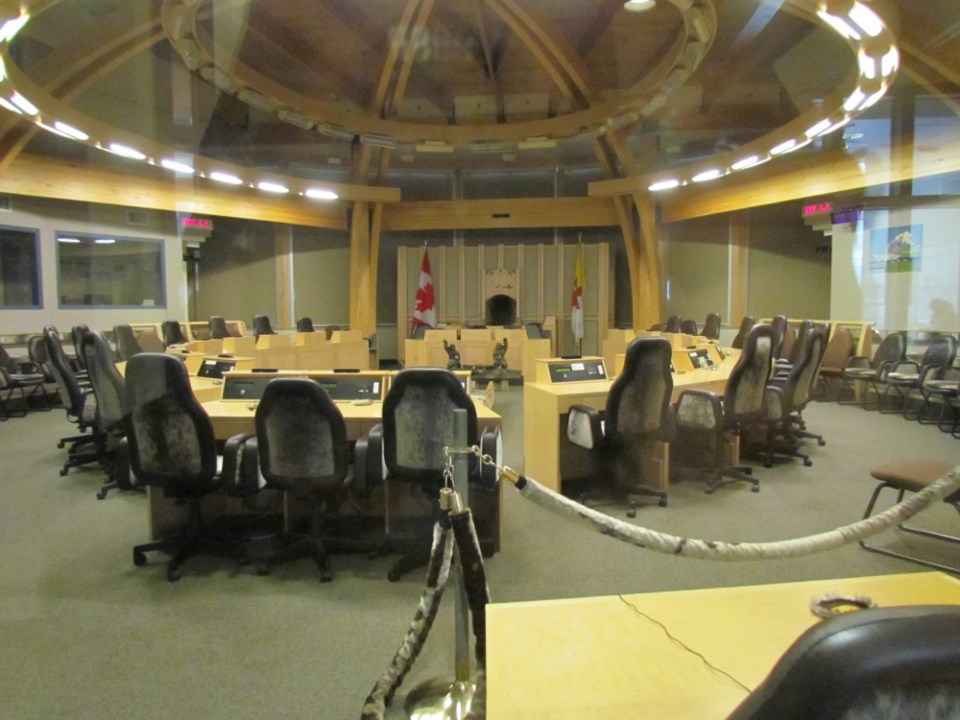Politics is on everyone’s mind and news feed right now. Attacks, arguments, constant conflict.
Opposition can be justified. "If you are neutral in situations of injustice, you have chosen the side of the oppressor," said Desmond Tutu. There’s an important caveat to this truism. Yes, we need to work constantly for justice and a better world. But ethical behaviour also demands that we fight injustice without fighting each other. In this age of polarization and terrorism, that’s a critical distinction that protects us against not only violence but the much more ubiquitous and equally toxic “us and them” mindset.
The UHJ, the international governing body of the Baha’i Faith, used an interesting phrase in a May 2024 letter about the world’s current situation. It asked us to be “practitioners of peace”.
"You are among the most active and earnest of humanity’s well-wishers. But, whether through deeds or words, the merit of your every contribution to social wellbeing lies, first, in your resolute commitment to discover that precious point of unity where contrasting perspectives overlap and around which contending peoples can coalesce.”
Adversarial political structures breed polarization and cynicism. Social media feeds on outrage. The constant cycle of parties in-power and out-of-power is a recipe for alienation, discord and extremism. Efficiency and long-term planning also suffer as policies are overturned and gains lost with the each change of government.
Thus far, attempts to reform this painfully inadequate system have tweaked the edges without fixing the deeper flaw of its inherent disunity and combativeness.
It doesn’t have to be this way. The consensus-style Government of Nunavut and also the NWT more closely resemble traditional Inuit decision-making. There are no parties, no partisan platforms, no official opposition. Those elected consult together to find policies and solutions that the majority can support. Unanimity isn’t required but is often achieved. MLAs are elected as independent members and in turn elect the Speaker, Premier and Ministers. Ministers voice their views freely during deliberations but once a decision is reached, all Ministers publicly support it. A separation of executive, legislative and judicial powers as well as other protocols promote accountability and prevent corruption.
Taken together, these are robust protections against the authoritarian leaders that crop up too often in adversarial systems. It makes sense to evolve towards a political model that’s appropriate to these times and this country. It also lends itself to the type of leadership we need: collaborative, peaceful and moderate.
Impossible? Not at all. Our municipal politics are already non-partisan. Councillors are elected as independents and vote to the best of their ability to further the interest of all citizens. Citizen Assemblies are beginning to be used as a groundbreaking innovation in deliberative democracy.
Consensual democracy can definitely be scaled. Legislators elected for their ideas, character and reputation can use creative ways to engage larger populations. In Taiwan (population 23 million), the Minister of Digital Affairs is encouraging participative democracy through a system of online decision making. Participants in Taiwan’s Join and vTaiwan platforms can disagree with each other but must build on each other’s ideas by framing their contributions as positive proposals rather than rebuttals or attacks. They’ve proven to be successful methods for building public consensus.
Can we not find ways to expand the far healthier political model that already exists in Canada? It’s undeniably more empowering than the partisan model that breeds a culture of protest and outrage. In the process of integrating best practices we’d be reflecting and celebrating the original cultures of this continent. It’s time.
Sheila Flood is the E.D. of the Victoria Multifaith Society and member of the Bahá’í community.
You can read more articles on our interfaith blog, Spiritually Speaking at https://www.timescolonist.com/blogs/spiritually-speaking
* This article was published in the print edition of the Times Colonist on Saturday, October 5th 2024



